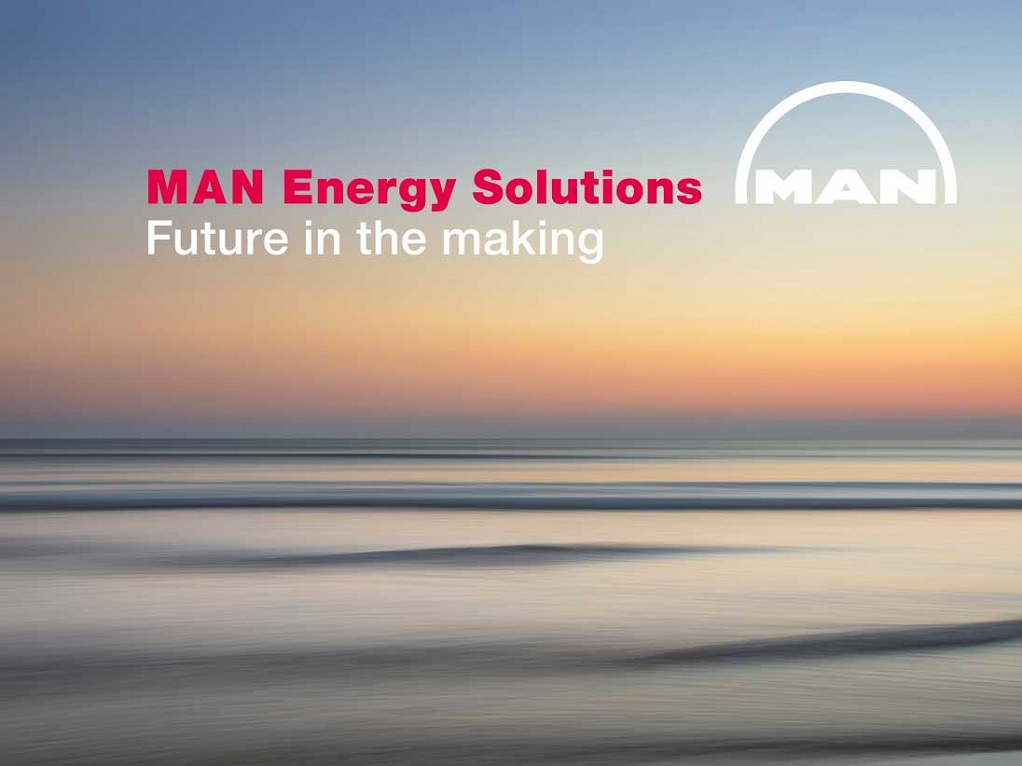Cleantech start-up, CAPHENIA, to establish production plant for synthesis gas as feedstock for industrial production of Sustainable Aviation Fuel for aviation decarbonisation
Cleantech start-up, CAPHENIA, has commissioned MAN Energy Solutions to build a Plasma Boudouard Reactor (PBR). This will form the core of CAPHENIA’s first production plant, ‘GERMANY I’, located at Industriepark Höchst in Frankfurt am Main, Germany where the company will produce its first renewable fuels in 2024.
The CAPHENIA technology utilises biomethane, CO2, water and sustainably-generated electricity to produce synthesis gas as a feedstock for renewable fuel production and many other chemical products. The synthesis gas will be used, for example, as a step in the production of Sustainable Aviation Fuel (SAF), thus contributing to aviation decarbonisation.
Dr Mark Misselhorn, CEO of CAPHENIA, commented on the significance of the cooperation: “The construction of this first industrial-scale plant is a milestone for CAPHENIA. The partnership with MAN Energy Solutions will enable us to establish this scalable technology, which has the potential to significantly shape the renewable-energy landscape. It is a significant step that shows that our vision of sustainable fuel production is realisable at a large scale.”
Norbert Anger, site manager at MAN Energy Solutions, Deggendorf, said: “We are proud to supply the reactor technology for this innovative project and to be able to contribute our extensive expertise in the production of renewable fuels. We are convinced that synthetic fuels will play a major role in the decarbonisation of all those sectors where direct electrification, such as via batteries, is not an option.”
The PBR developed by MAN will first split the supplied biomethane into hydrogen and carbon. In the next step, CO2 and water will be added to produce the synthesis gas; the reactor can produce 150 kg of synthesis gas per hour. This can subsequently be converted into Sustainable Aviation Fuel using the Fischer-Tropsch process.
CAPHENIA’s power-and-biogas-to-liquid (PBtL) process requires just one-sixth of the electricity of conventional processes for the production of synthesis gas, enabling an end-product CO2 reduction of up to 92%. Thanks to this efficiency, the fuels produced can be offered at competitive prices – GERMANY I commissioning is planned for 2024.
In this context, Dr Christian Schuhbauer, Head of New Technologies at MAN Energy Solutions, Deggendorf, emphasised the importance of the CAPHENIA technology for aviation and added: “Synthetic fuels are of crucial importance to the global economy and aviation decarbonisation can only succeed with their help. CAPHENIA has developed an efficient process for the production of Sustainable Aviation Fuel for this purpose and we are very happy to work with them on this exciting project.”
Source: MAN Energy Solutions.
Tags: Germany, MAN energy Solutions, Renewables



Recent Posts
Scandlines Nears Delivery of Zero Emissions Ferry Following Successful Sea Trials
India faces emission roadblocks with rising net-zero demands
Green Energy Resources invests in two electric Liebherr LHM 550
NYK Launches Continuous Use of Bio LNG Fuel on Car Carriers to Advance Decarbonization Goals
Yang Ming Expands Fleet with Methanol and LNG Dual-Fuel Vessels Under Fleet Optimization Plan
ClassNK Advocates Speed Gap Monitoring to Optimize Fuel Efficiency in Heavy Weather
Wärtsilä’s retrofit package for the Corsica Linea ferry Pascal Paoli has resulted in fuel savings of up to 22 percent Corsica Linea
COSCO Shipping Names Second Methanol Dual-Fuel Containership in Yangzhou